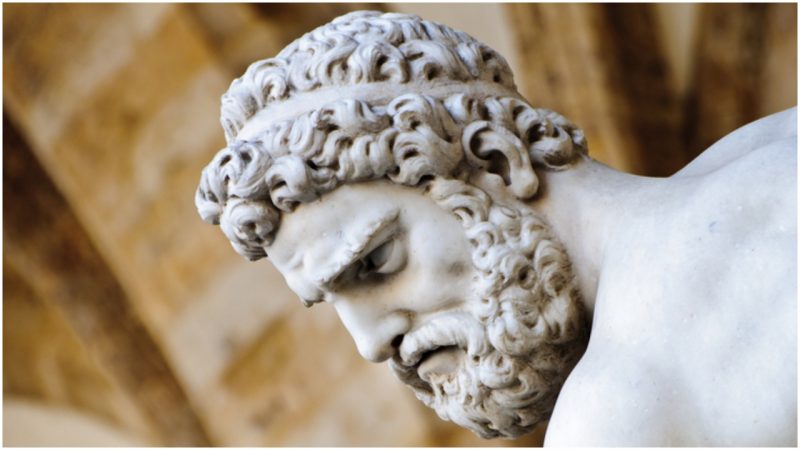The Greek demi-god Herakles, known mostly by his Roman name Hercules, has served as an inspiration for several epic-adventure films and series. The most popular one is Disney’s 1997 animated musical fantasy.
We have watched him endure many trials and tribulations in overcoming the wrath of Hades. The classical hero-journey narrative features unconditional love, helper friends, and obstacles impossible to overcome. His odyssey ends with a moral that endurance and hardship lead to justice and triumph of the good.
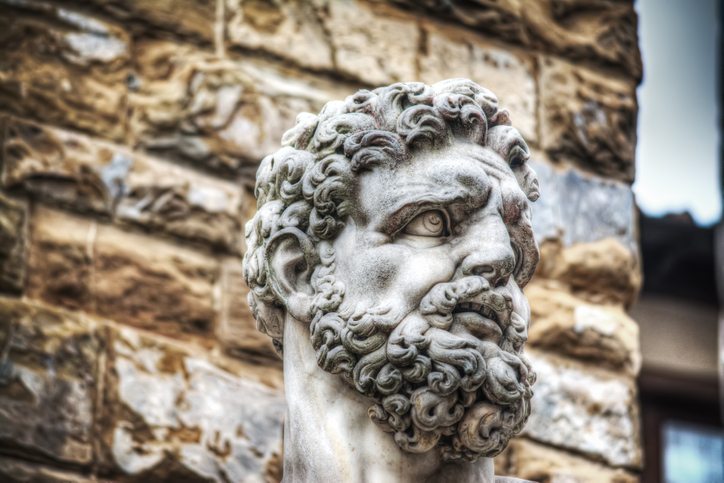
The original myth likewise comes with moral and was adored by Greeks and Romans. In the myth, Hercules suffers as mortals do but has godly characteristics. He was an everyman figure, smartly endowed with superpowers, who instructed the people that even heroes suffer.
This showed the tragedies of mortals are justified and possible to overcome, as even demi-gods suffer the injustices of everyday existence.
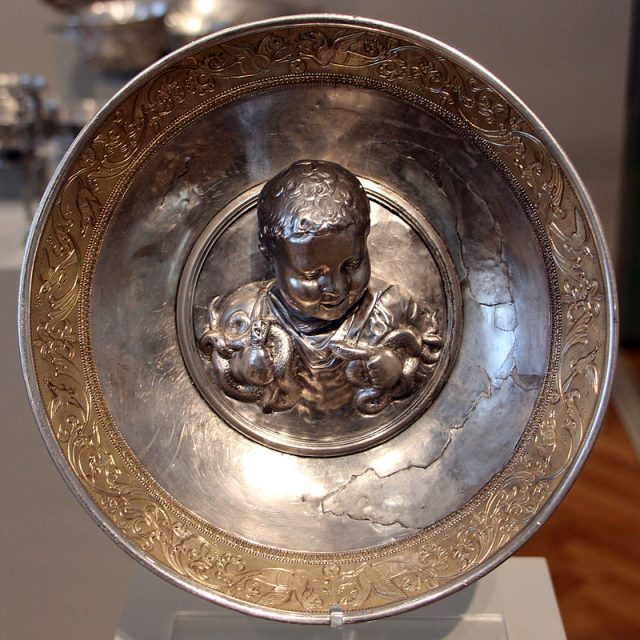
The Disney version, however loosely based on the myth, does a great job at omitting some very gruesome and tragic parts of the hero’s journey.
Hercules did not have the loving family
In the famous movie version, Hercules’ father, Zeus, is portrayed as a loving and affectionate god. His mother Hera likewise is shown as a doting wife and mother. The reality of the myth is completely different.
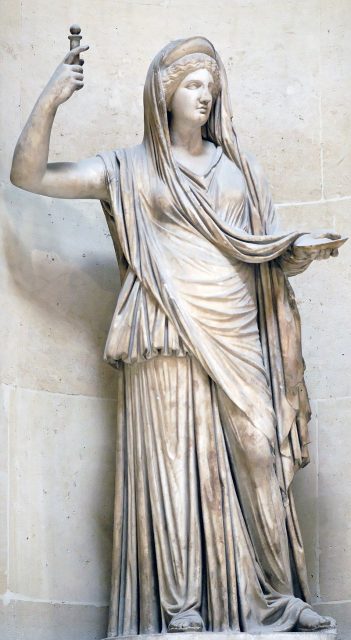
Zeus was a cruel and amoral tyrant. Besides terrorizing mortals he did not flinch at using bloody violence on a whim if it meant it would get him what he wanted.
He was unwilling to settle with one partner, so Hercules himself was an illegitimate child. His real mother is a mortal named Alcmene, who Zeus tricked into sleeping with him by taking on the appearance of her husband Amphitryon.
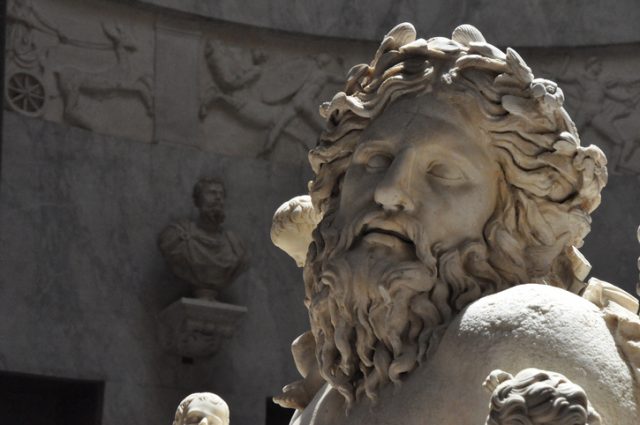
Therefore, Hera despised Hercules from the day he was born. She first summoned two witches to prevent his birth. When this did not work, she sent two snakes to finish him off in his cradle.
Hercules showed his strength even as a baby and managed to strangle the snakes and defend himself. As he grew and his strength increased, Hera was evermore furious. She tried destroying him in any possible way.
His love story with Meg was not a happy one.
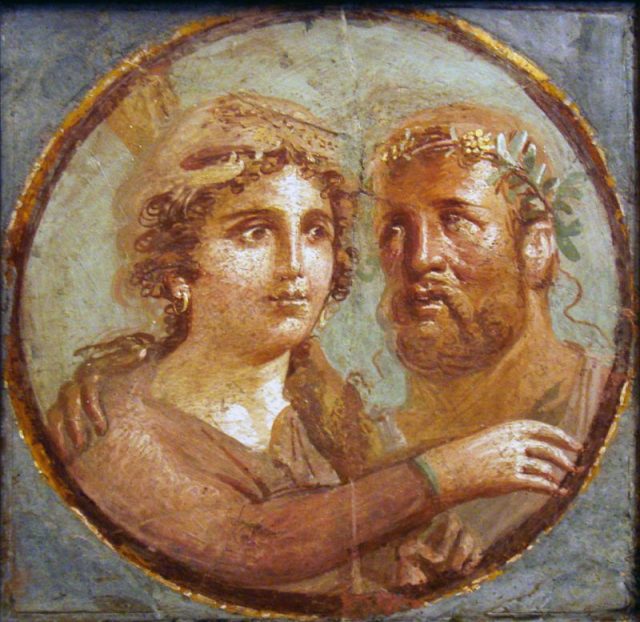
In the movie, we are presented with Megara as Hade’s helper who gradually falls in love with Hercules. She abandoned her master and opposed his wishes to destroy him.
Their love story ends with Hercules, willing to sacrifice his life for her, saving her from the underworld and finally acquiring his well-deserved god status.
In the original myth, Megara is his first wife who bore him three sons. Hera plagued Hercules with uncontrollable madness and in one of his fits of rage he murdered his wife, together with their children.

After regaining his touch with reality and realizing what he had done, he suffered great remorse that plagued him for the rest of his life.
https://youtu.be/xnRssdsGU8U
His second love story, likewise, did not end happily.
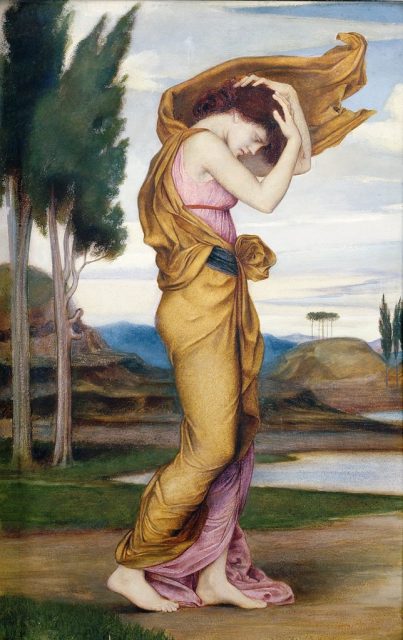
His wife Deianira accidentally killed him, using deadly poison. She was tricked by a centaur called Nessus, who gave her a poisoned shirt and told her that she should give it to her husband if she noticed his eye begin to wander. Unknowingly she followed the advice, insisting Hercules should wear her gift.
But within moments of putting on the Shirt of Nessus, his skin began to itch and burn. Bizarrely Hercules built his own pyre to help himself die quickly. Deianira, riddled with guilty conscience, committed suicide.
Pegasus was not Hercules’ friendly companion.
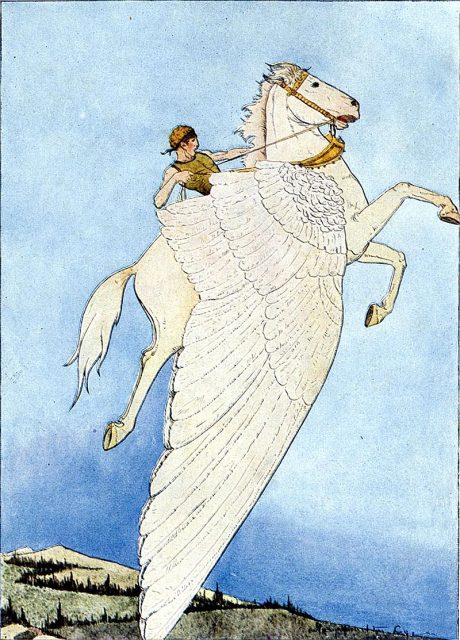
Contrary to what the movie wants us to believe, in the original myth, Hercules did not have any association with Pegasus. While Pegasus did exist in the mythology, he was a companion of another hero — Bellerophon.
Sadly, he was also not a cuddly good-natured mythical horse. The story of his origin is rather gory. As Ranker writes, “He reportedly sprang ‘from the teeming neck’ of the slain Medusa, his mane drenched in blood.”
Read another story from us: The Myths and Legends Surrounding the Real St. Valentine’s Day
There are many other aspects of Hercules’ life that are either omitted or sugarcoated in modern entertainment versions of the story. They for example involve his struggles in atoning his murder by conducting the Twelve Labors, one of which was killing the Hydra. But as expected, in the original myth he killed her with much more violence than Disney had us believe.
